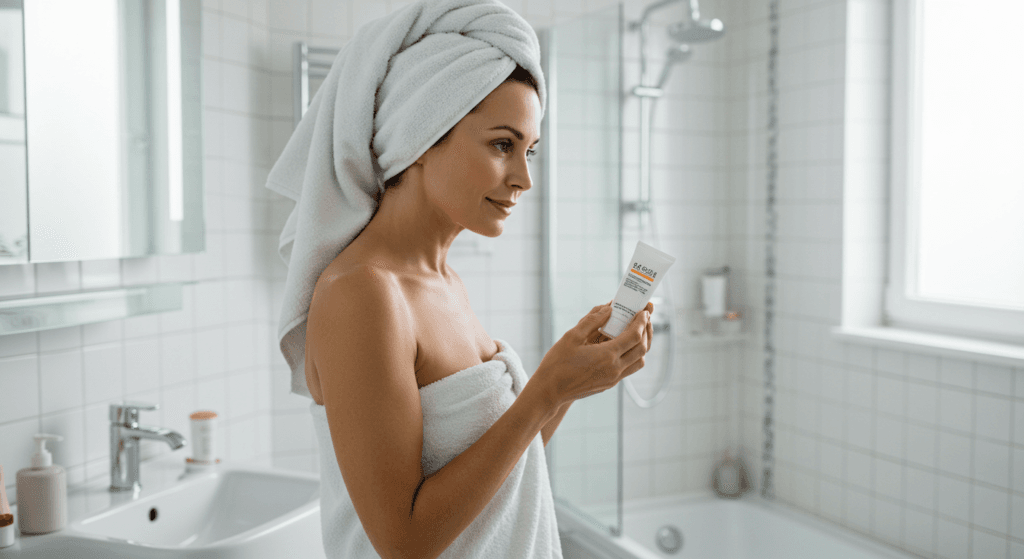
In today’s digital world, it’s way too easy to get caught up in the habit of comparing yourself to others on social media. Ever scrolled through your feed and suddenly felt that sting of envy or self-doubt? You’re definitely not alone. This article will dive into how to stop comparing yourself to others, handle criticism, and break free from that toxic cycle.
The Impact of Social Media on Self-Perception
Social media is built to highlight the best moments of people’s lives. But when you’re constantly seeing these curated snapshots, it’s easy to fall into the trap—so stop comparing yourself to others and remember that what you see online isn’t the full story.
Statistics on Social Media Usage
| Statistic | Data |
|---|---|
| Global social media users | 4.74 billion |
| Average daily time spent on social media | 2 hours and 27 minutes |
| Percentage of people feeling addicted to social media | 39% |
If you’re on a mobile, you might have to swipe left.
Stop Comparing Yourself to Others: Understand Why It Happens and How to Break the Cycle
It’s essential to understand why we compare ourselves to others online. Often, it’s due to:
- Highlight Reels: People share their best moments, leading us to believe their lives are perfect.
- Validation Seeking: The pursuit of likes and comments can make us equate our worth with online approval.
- Fear of Missing Out (FOMO): Seeing others’ activities can make us feel left out or inadequate.
How to Overcome Comparison on Social Media
- Limit Screen Time: Allocate specific times for social media use to reduce exposure.
- Curate Your Feed: Follow accounts that inspire and uplift you; unfollow those that trigger negative feelings.
- Practice Gratitude: Focus on your achievements and blessings to shift your mindset.
- Engage in Real-Life Activities: Spend time with loved ones and pursue hobbies that bring you joy.
- Seek Professional Help: If feelings of inadequacy persist, consider talking to a therapist.
How to Stop Toxic Comparison
Identify Your Triggers
Toxic comparison often stems from specific triggers, such as seeing a friend’s luxury vacation or someone achieving a milestone before you. Understanding these triggers can help you manage your emotional response.
Shift Your Mindset
Instead of seeing others’ success as a reflection of your shortcomings, use it as inspiration. Celebrate their wins and remind yourself that everyone has a different timeline.
Tip: Turn comparison into motivation. Instead of feeling discouraged, let someone else’s achievements push you to work towards your own goals.
How to Break the Spirit of Comparison
Constantly comparing yourself to others can take a serious toll on your self-worth, leaving you feeling frustrated and even resentful. To break this habit, stop comparing yourself to others and try these strategies instead:
- Recognize Your Unique Strengths: Focus on your own talents and achievements instead of measuring them against others’.
- Practice Self-Compassion: Accept that no one is perfect and that everyone has their struggles.
- Focus on Progress, Not Perfection: Small steps toward improvement are more valuable than unrealistic expectations.
Pro Tip: When you catch yourself comparing, write down three things you’re grateful for. This easy routine redirects your mind to what’s good.
How to Stop Obsessive Comparison
Obsessive comparison can become a daily struggle. Here are ways to manage it:
Reduce Social Media Consumption
Taking frequent breaks from social media helps lessen the urge to compare. Set app usage limits or designate “no-phone” hours in your day.
Reframe Your Thoughts
Each time you compare yourself to someone, ask: “What do I admire about them, and how can I use this as a learning opportunity instead of a point of jealousy?”
How Can We Avoid Comparing Ourselves to Others?
Focus on Your Own Growth
Comparison often distracts us from our own journey. Note your steps forward and acknowledge every small win.
Surround Yourself With Supportive People
Being around positive influences can reinforce a healthy self-image and reduce feelings of inadequacy.
Tip: When you feel the urge to compare, remind yourself that people only share a fraction of their reality. What you see on social media feeds is a spotless highlight reel—no one’s life looks that put-together behind the screens.
FAQ
Key Takeaways
- Social media frequently showcases an idealized version of reality.
- Recognize the triggers that lead to comparison and address them.
- Implement strategies like limiting screen time and practicing gratitude to improve self-perception.



